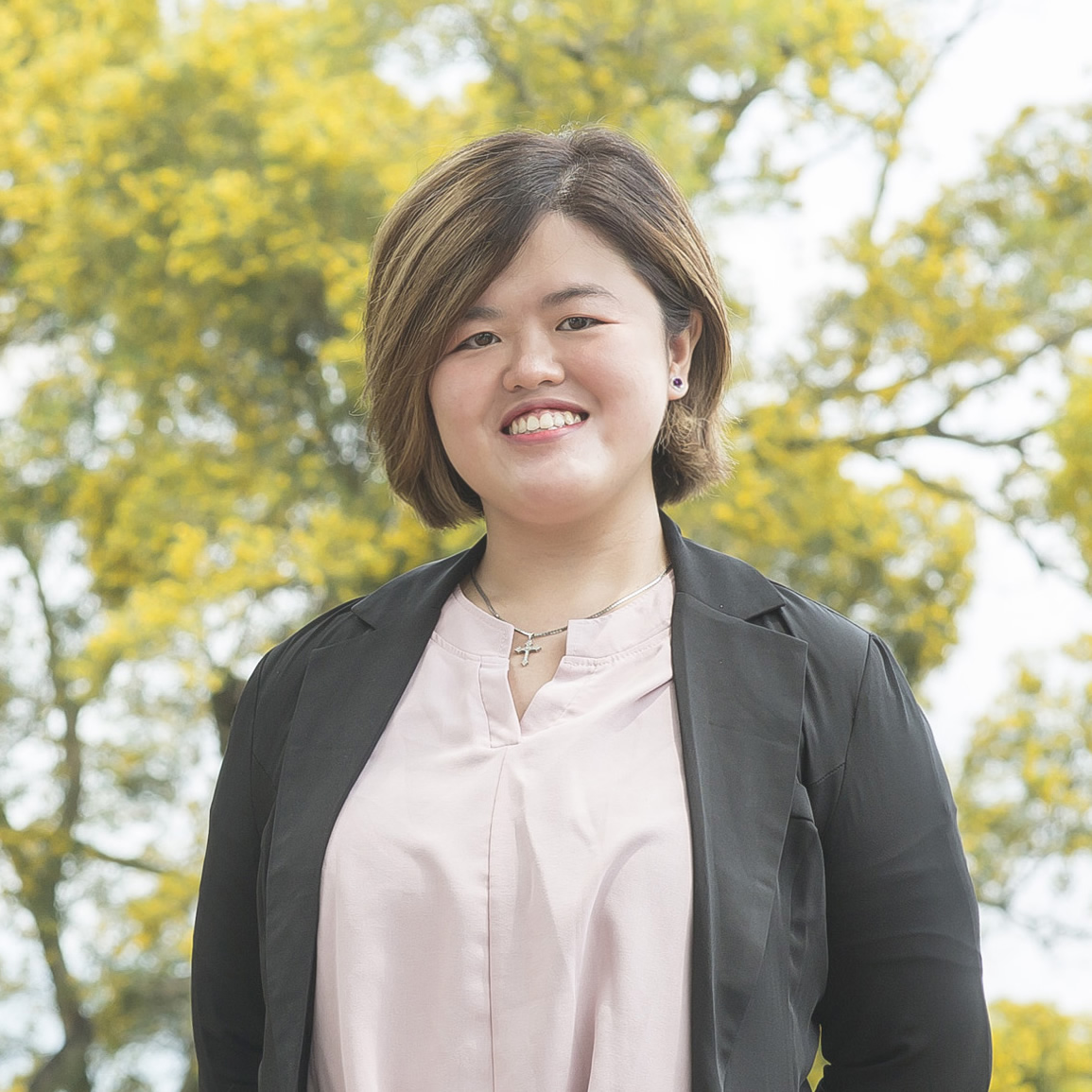
Melody Chung
The Hong Kong University of Science and Technology
Melody obtained her PhD from HKUST in 2023 under Prof. Chau Ying's supervision. Her research areas include:
customizable hydrogel delivery systems for immunotherapy, controlled vaccine and adjuvant delivery using natural polysaccharides, and ultrasound-facilitated ocular drug delivery. She contributed to 5 publications, 4 patents, 17 conference papers and received multiple academic awards, including Winner of 2022 Hong Kong Medical & Healthcare Device Industries Association Student Research Award, Young Talent Award in 2022 ROHTO Advanced Research Awards, 2022 Best Postgraduate Researcher Award (Bioengineering Graduate Program). Melody co-founded Allegrow Biotech Ltd., a biotech startup spinning-off the hydrogel technology, where she serves as director and Chief Scientific Officer. In her free time, Melody engages in freelance emceeing, moderating academic events, and pursuing scientific graphic design. Originally from Malaysia, she has studied in Shanghai and Hong Kong. Melody enjoys creative activities such as painting, Lego building, and crafting with different materials.
A dual-sized hydrogel particle delivery system for type 1 diabetes vaccine
Type 1 diabetes (T1D) affected 8.4 million individuals worldwide in 2021. Unfortunately, current T1D vaccine studies have yielded disappointing clinical results due to rapid clearance of autoantigens and poor immune system tolerogenic induction. In our study, we propose a novel approach using a dual-sized hydrogel particle system (HMP-HNP) for T1D vaccine delivery. This system decouples the delivery of autoantigens and immunosuppressive cytokines, such as IL-10, in nano- (HNP) and micro- (HMP) hydrogel particles to induce tolerogenic dendritic cells (DC). We hypothesized that controlled delivery in intra- and extracellular environments could provide a potent and long-lasting vaccination strategy for T1D.
We leveraged on the immunomodulatory properties of natural polysaccharides, dextran (DX) to modify and formulate into HMP and HNPs for extended extracellular IL-10 delivery and directed intracellular trafficking of autoantigens, insulin and GAD65 in DCs. In preliminary tests on NOD/ShiLtJ mice, HNPs decorated with Q- and W-peptides delayed disease onset by two weeks compared to bolus vaccination. HNPs improved antigen retention and distribution to lymph nodes. In vitro tests showed extended intracellular antigen distribution in DCs, enhanced antigen presentation, and induction of tolerogenic DC differentiation with reduced pro-inflammatory cytokine expression and increased IL-10 production.
The novel HMP-HNP system, delivering insulin, GAD65, and IL-10, induced tolerogenic DCs and showed potential in delaying and preventing T1D onset. This study highlights the importance of controlled delivery systems for autoantigens and immunosuppressive cytokines in developing a robust T1D vaccination strategy.